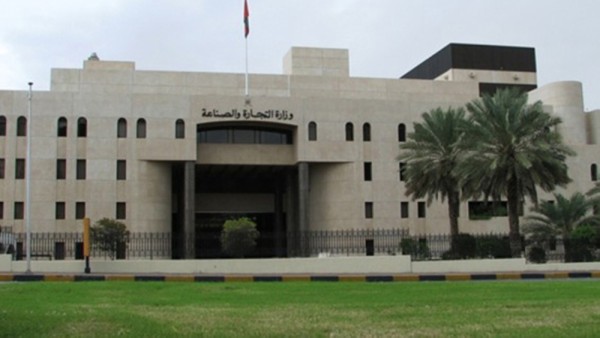
Muscat: To ensure Oman is able to remain self-sufficient when it comes to providing medicines and other life-saving healthcare products to people in the country, five new medical factories are currently being constructed n the country, the Ministry of Commerce and Industry (MOCI) has announced.
Costing a total of OMR25 million to construct, the five factories will produce various drugs and patient kits required to provide urgent medical care to patients in hospitals and at homes. One factory will make intravenous and dialysis solutions. It is first of its kind in the Sultanate. The second factory is for the production of cancer drugs.
Another factory will produce pills, capsules and syrups. There will be a factory for the production of raw materials used in the pharmaceutical industry, and another for medical requirements such as injections.
Sami bin Salem Al-Saheb, the MOCI’s Director General of Industry said: “As part of the national efforts to tackle the coronavirus pandemic, we are continuously working with fast pace and transparency to deal with the new emerging challenges. The measures and procedures in this regard are also being updated.
“The Ministry of Commerce and Industry provides its continuous support to the Omani medical industry to meet the unprecedented demand for personal protective equipment and medical items,” he added. “This is considering that the wide range of personal protective equipment, such as masks, gloves and sanitisers, as well as important medical goods and services are related to COVID 19.”
One of the biggest current economic challenges for many Omani medical manufacturers was the availability of raw materials which affects the changes in production levels. It has also largely affected health-care supply chains, many of which depend on imports. The response of the industrial sector has been distinct in this regard, as some industrial establishments have changed some production lines to adapt to the new requirements.
“Increasing production will require retooling of the already complex supply chain, retraining staff, and searching for alternative local suppliers,” said Al Saheb. “Any change in the operational model of existing businesses has risks involved which must be understood, reviewed, and managed.
He went on to say: “The changes to the operating model should lead to a relook into all processes and equipment to ensure quality, workforce training and safety controls, such as a review of how new processes and materials affect the manufacturer's risk profile and whether there is a need for more controls, a review of exposure to any new regulatory obligations, map making of robust supply chain, review of product and management quality procedures, as well as ensure to legal inspections in line with legal requirements.”
Adding to this, Dr Mohammed Al Rubaie, the Director General of Pharmaceutical Affairs and Drug Control, said that the Ministry of Health wanted to increase local production of pharmaceutical industries to 20 percent of medicines used in Oman, by 2025. It produces only six percent of the medicines used in the country.
“The current health crisis which the world is going through due to the coronavirus (COVID-19) pandemic showed the importance of local manufacturing to enhance drug security and cover the needs of medicines in the local market and medical supplies,” he explained. “During crisis, it becomes difficult to import them. If the local industries of pharmaceutical and medical supplies are readied, they would be able to play major roles in meeting such needs, at least in part.
“In 2019 there was a remarkable increase in the demand for investments in industries involved in pharmaceutical and medical supplies,” added Al Rubaie. “A licence was given to a secondary packaging factory for medicines, which will soon start production.”